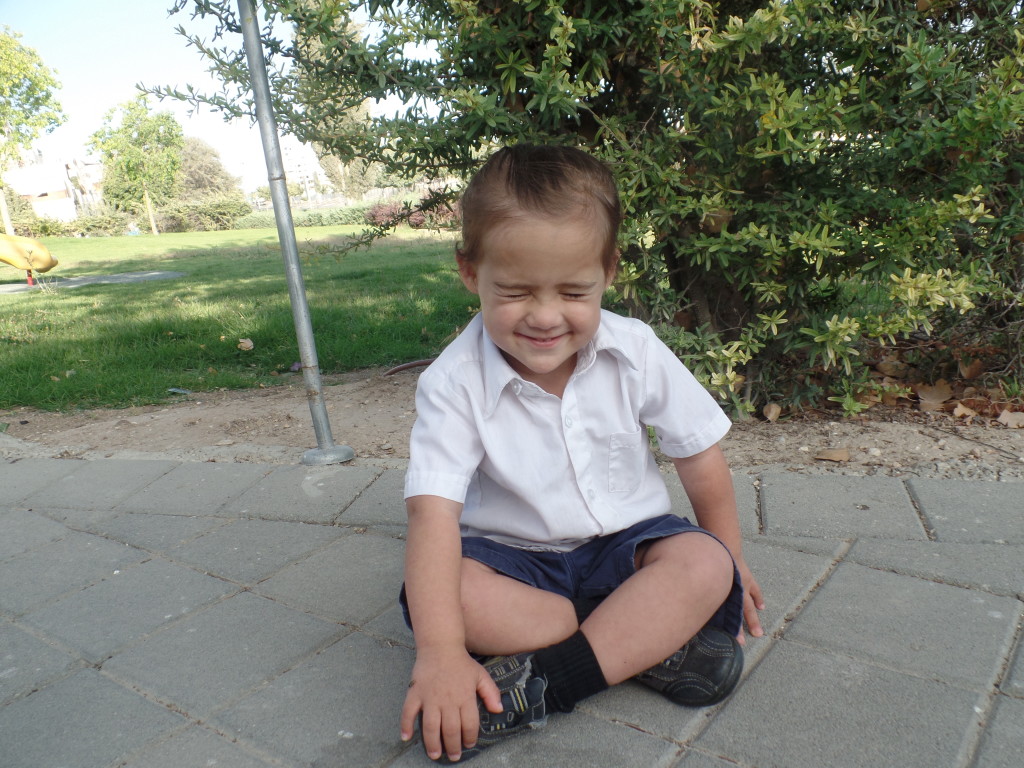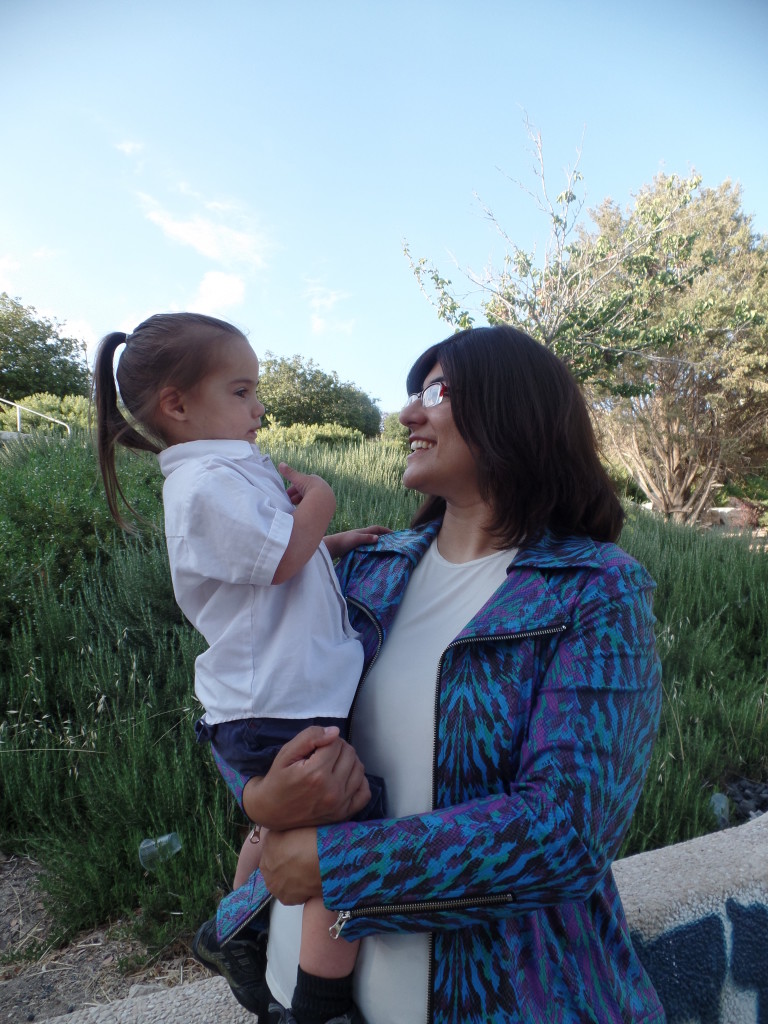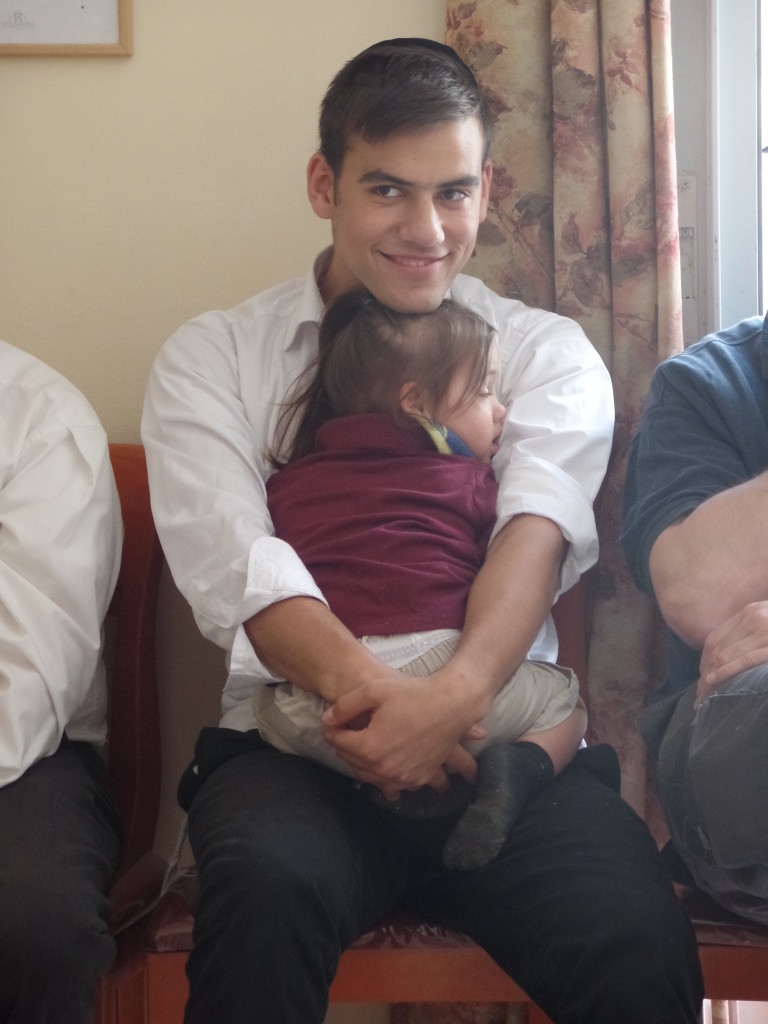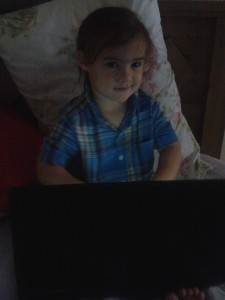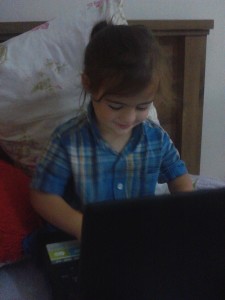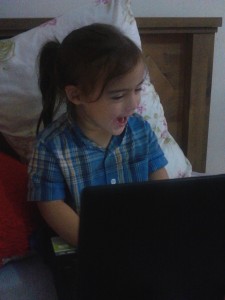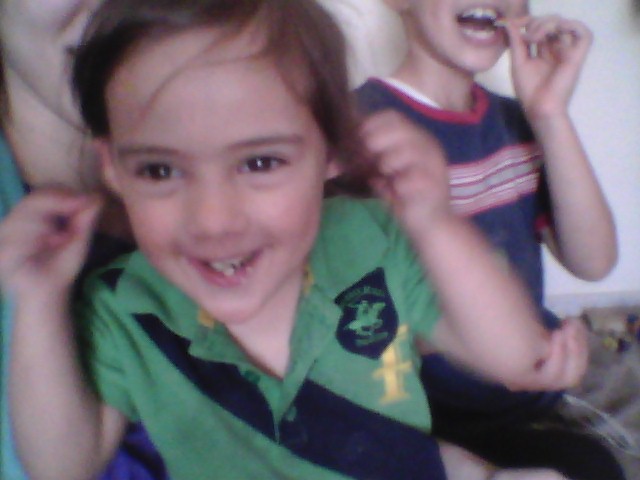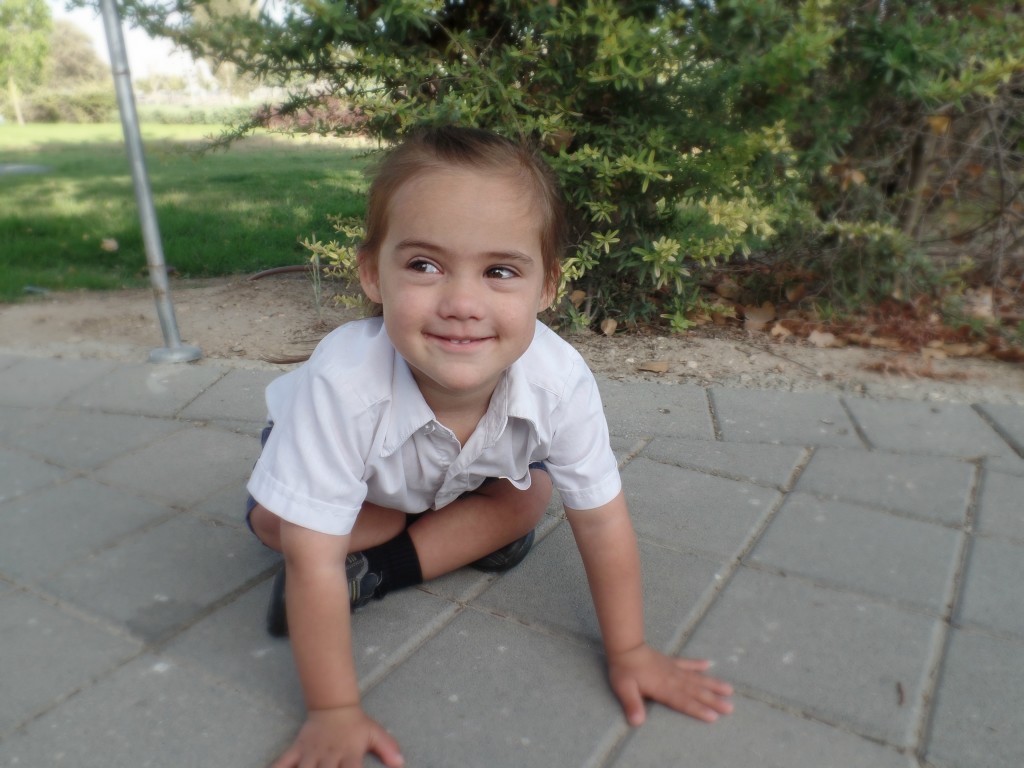Lately there has been a lot of focus on the importance of healing our world through love for others.
Last night we were discussing why this love was so important and also why it is so challenging. I believe it’s because our generation struggles on a massive scale with lack of self-knowledge and self-love, and you can’t love others when you don’t love yourself.
The following process that I’m going to share with you is one that has helped me to be more loving toward myself and others.
1) Gratitude list – First thing in the morning you write five things you’re grateful for.![GratitudeJournal-esolla[1]](http://avivahwerner.com/wp-content/uploads/2015/07/GratitudeJournal-esolla1.jpg)
I’ve been writing gratitude lists for over twenty years on a regular basis and this is a wonderful practice for keeping your mind in a good place. There are so many wonderful things even on the worst day but you don’t notice them unless you make a habit of it.
Learning to recognize the good makes life much more easier and more enjoyable.
2) Forgiveness list – Next you write down five people/things/situations you forgive; it can be for something small or big. I determine what goes on the list based on my feelings of resentment. It doesn’t matter how minor these resentments are; if I keep them inside they’re toxic to me and I need to practice forgiveness for every single one.
Don’t say you don’t have resentments; we all do but we often bury them inside and don’t recognize them for what they are. I used to think as a pretty positive person that didn’t have many resentments. That was until I learned to recognize those twinges of frustration, irritation and upset for what they were! Resentments. Get the resentments out of you and down on paper.
Sometimes I put people down repeatedly on my forgiveness list because if I feel resentment or tension when I think of them after having put them on a prior list, I know I still have negative energy to release. Sometimes I need to put myself down on the list – to forgive myself for not doing something in the way I wanted to do it. I think we all have to forgive ourselves for being imperfect in the many ways we tell ourselves we’re not enough.
3) After you write these two lists, read your forgiveness list out loud to yourself.
4) Then you read your gratitude list out loud.
5) Finally, follow the reading of these lists with an enthusiastic verbal declaration, “And that’s why I’m having/going to have a great day!”
This process starts your day by focusing on the good, releasing the negative and giving your mind a powerful message of positivity.
What I’m experiencing as a result of this daily practice is that I’m moving through irritations much faster, even before actively releasing them the next morning! For example, a few days ago I was loading my groceries into the taxi to go home. When I had loaded half the groceries in the car (it was half of a full shopping cart), the driver informed me he was going to charge me extra above the set fee since I had more than one shopping cart. I told him I had just one cart and that the cart next to mine was someone else’s but he started yelling at me that I had two. So I unloaded all my things and got a different taxi to take me home.
By the time I was driving away from this scene with taxi driver no. 2, I was already thinking, “I’m going to put this driver (and the driver of the taxi in front of me that yelled at someone with young children for not getting in fast enough) on my forgiveness list tomorrow” and it took away so much negative emotion. It’s empowering to have a tool to actively let go of negativity toward someone/something.
This technique is so simple but very powerful – I highly recommend it if you want to become a happier, more peaceful and more appreciative person. (If you try this, I’d love to hear what your experience is after a couple of weeks.)
When it comes to feeling love for others – it’s so much easier to feel positively towards others when you make appreciating and forgiving them a regular part of your life.
Avivah
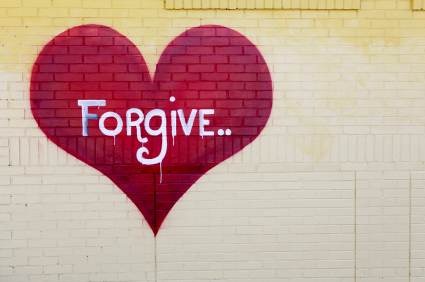
![shutterstock_16194385_crop380w[1]](http://avivahwerner.com/wp-content/uploads/2015/07/shutterstock_16194385_crop380w1.jpg)

